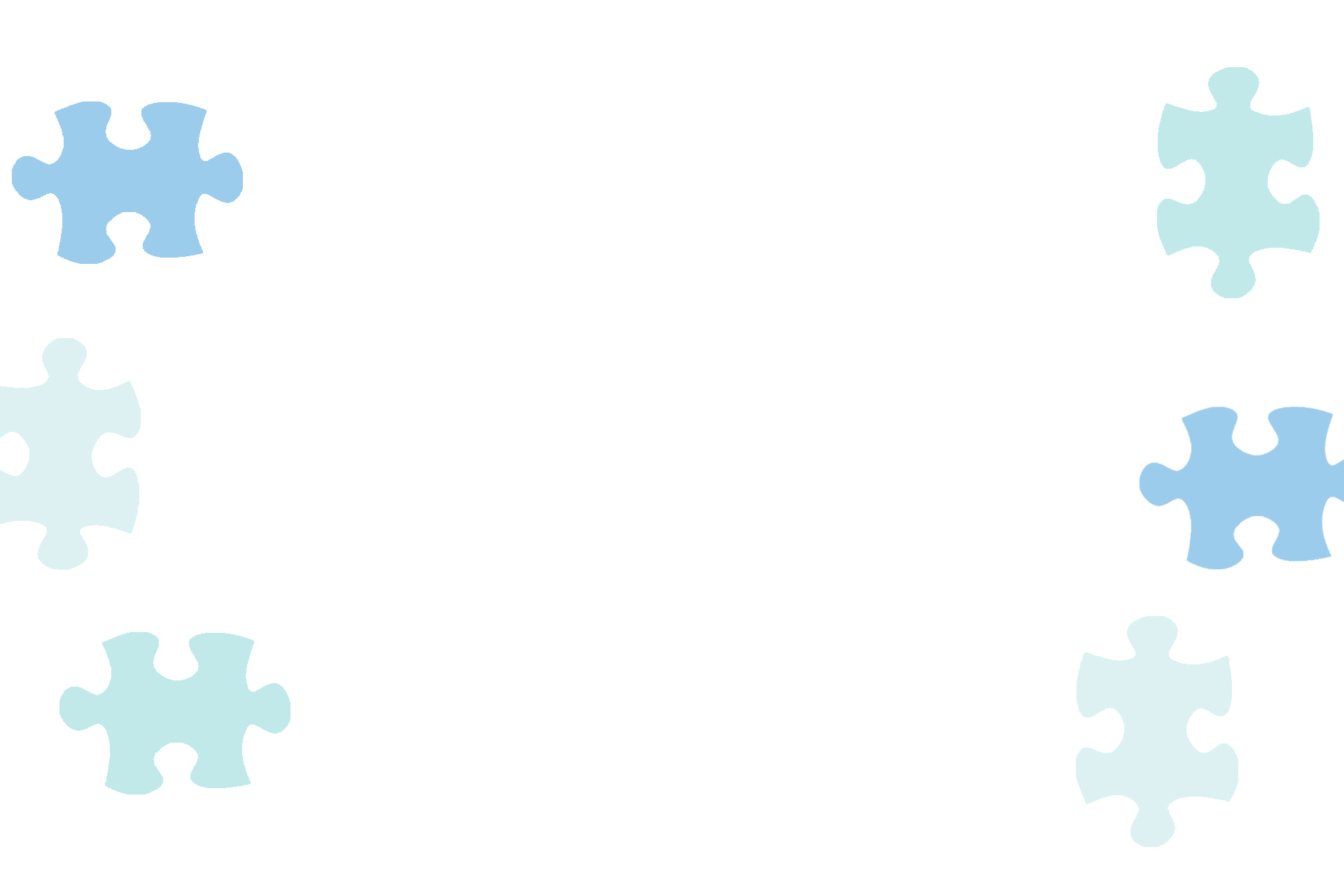|
If you are familiar with Autism, chances are you have heard the term “ABA”. Many people coin the terms as two peas in a pod, but truth be told, it’s not JUST for individuals with Autism. ABA is all about making meaningful, socially significant changes, learning new skills and teaching those individuals how to utilize those new skills outside of the treatment setting.
ABA stands for Applied Behavior Analysis. It’s also known as an effective, data-driven treatment model that is strongly backed by science. In layman’s terms, it’s the study of human behavior. If you wanted to get technical, the best available definition was written in 1968 by Baer, Wolf, & Risely: “Applied Behavior Analysis is the process of systematically applying interventions based upon the principles of learning theory to improve socially significantly behaviors to a meaningful degree, and to demonstrate that the interventions employed are responsible for improvement in behavior.” Unlike what people often times believe, it doesn’t just decrease unwanted behaviors. We can also seek out ABA to teach new behaviors, hone in on attention deficits, enhance self-help skills, increase language and communication, tap into social skills and even work on academics. ABA is an endless world of possibilities. Keep in mind… ABA is about ALL behavior despite what you may have heard! (Not just the bad behaviors!) Basically, your ABA therapist will focus in on antecedents and consequences, those are just fancy terms for what happens before and after a behavior. These play a huge role in the occurrence of any behavior, positive or negative. Sometimes, things just need a quick fine tune using a commonly-referred to principle of ABA…POSITIVE REINFORCEMENT! See a great behavior you want to keep in your kiddo’s repertoire? It needs to be rewarded at a higher rate (and by reward, it could truly be as simple as a “Nice Job!” or a fist-bump.) Chances are that behavior will increase and even generalize. It’s not easy and sometimes, you need an extra hand to reinforce all those *ROCK STAR* behaviors you want to see from your child every day…. If you think your family could reap the benefits of ABA, click contact us to get started. Guide by Ms. Michelle RBT, Senior Behavior Therapist Reference: Baer, D.M., Wolf, M.M., & Risley, T.R. (1968). Some current dimensions of applied behavior analysis. Journal of Applied Behavior Analysis. 1, 91-97.
2 Comments
11/2/2021 06:34:44 am
I love how you mentioned that ABA therapy is all about behavior as the ABA therapist will focus on the antecedents and consequences of a behavior. My nephew is 3 years old and he has been diagnosed with ASD. We realized that recently his behavior has been moving towards a negative side and he has been throwing tantrums frequently. I will be sure to share this information with his parents so that they can send him for ABA therapy that focuses on behavior managements.
Reply
11/9/2021 02:59:43 pm
Thank you for explaining ABA therapy. My nephew has autism and my sister wants to make sure he is getting the best treatment. I'll suggest that she find a reliable ABA therapy service for him.
Reply
Your comment will be posted after it is approved.
Leave a Reply. |
Categories
All
Archives
December 2022
|


 RSS Feed
RSS Feed
